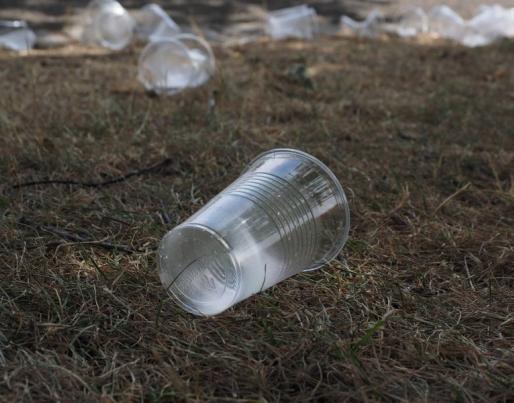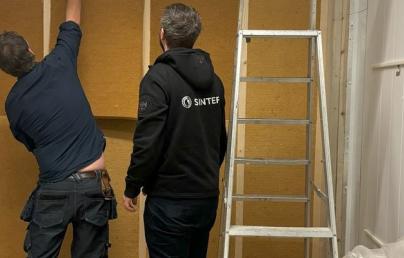
How to get rid of plastic waste? Build a house!

How to get rid of plastic waste? Build a house!
The amount of plastic waste has been surging in the last decades. In parallel other issues, such as global warming and inadequate housing are affecting the lives of many people. Othalo has created a new patented technology that mass produces building systems from recycled plastic waste.
For decades, companies have relied on disposable plastic packaging to bag and contain products worldwide. Today, the staggering detrimental effects of this plastic dependence are well-known: since the 1950’s, over 9 billion tons of plastic have been produced, only 9% of which was recycled; around the world, one million plastic bottles are bought every minute and two million plastic bags are used every minute; and per the Plastic Pollution Coalition, by 2050, the oceans will contain more plastic than fish by weight. Moreover, plastic is a petroleum product, and its production only further contributes to the devastating climate effects of mass fossil fuel use.
As concerns over pollution and global warming escalate, other humanitarian issues, notably homelessness, remain equally pressing. According to the United Nations Human Settlements Program, 1.6 billion people around the world live in inadequate housing, and available data suggests that over 100 million people have no housing at all. In Sub-Saharan Africa alone, the immediate need for low-cost housing is 160 million units and is expected to increase to 350 million by 2050. Moreover, COVID-19 has only exacerbated this issue of homelessness and the houseless have been especially vulnerable to contracting the disease. Thus, on World Habitat Day earlier this month, UN-Habitat launched a partnership with the Norwegian startup Othalo to combat both issues—plastic pollution and homeless—at once.
Othalo, formally established in 2019, is known for its patented technology that mass produces building systems from recycled plastic waste. These buildings can include housing, refugee shelters, temperature controlled mobile storage units for food and medicine, schools, and hospitals. Moreover, all of these structures are affordable, sustainable, eco-friendly, and meet modern living standards—and are all made of recycled plastic. A single 60 square meter home upcycles eight tons of plastic; with the amount of plastic waste currently polluting the planet, one billion Othalo homes could be manufactured.
Furthermore, according to a press video by Othalo, these fabricated building systems are designed to be flexible and can be molded to meet endless possibilities. Othalo's designers created a series of modules that can be locked together, permitting a wide variety of buildings to be made from these core components. In the video, it suggests whole communities of Othalo plastic housing designed to meet the needs of the surrounding area.
Read the full article here.

